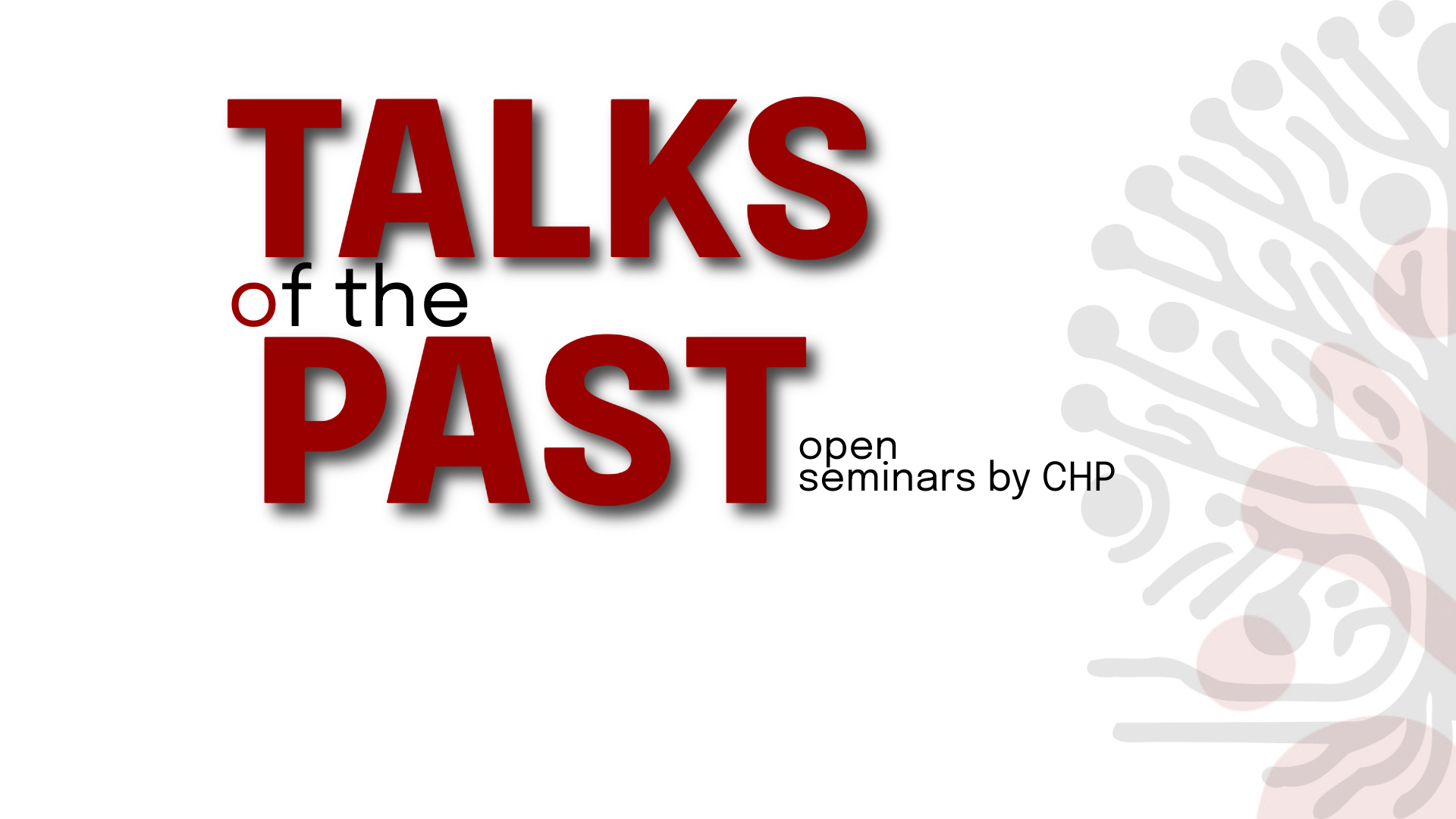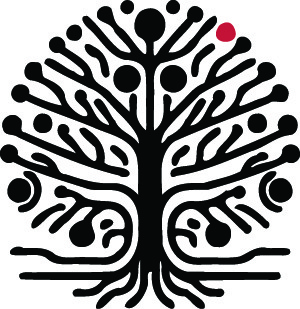
- This event has passed.
Talks of the Past (ToP) Open Seminar: Oct 2nd, 2024: Toward Professional Ethics of Ancestral Human Remains Research: from Tissue to Biomolecules, speaker Rita Peyroteo Stjerna


Synopsis
Ancient human remains are highly prized research subjects because of the wealth of information they can provide about past lives, which otherwise would be difficult to uncover. In recent years, the astonishing development of biomolecular techniques such as residue and stable isotope analyses, proteomics, and the breakthrough of the next generation sequencing of ancient DNA, propelled Biomolecular Archaeology to a leading field of research, crossing major disciplinary boundaries between the Humanities and the Natural Sciences.
While the study of human remains is just one portion of the vast tool kit of biomolecular research, its rapid development aggravated a number of already existing challenges and underlined the ethical entanglements of research using human remains in a highly unregulated field.
In this seminar, I will focus on the biomolecular dimensions of human remains in research, how researchers approach this legacy, and how it differs from handling hard or soft tissue. By focusing on this aspect, I aim to highlight that biomolecular archaeologists not only have unique professional responsibilities, but also are exceptionally positioned to lead the debate forward.
This study is part of a larger research project – Ethical Entanglements: The Care for Human Remains in Museums and Research, which seeks to strengthen the competence and awareness, among museum professionals and researchers of the complex ethical dimensions of research and curation of human remains.
